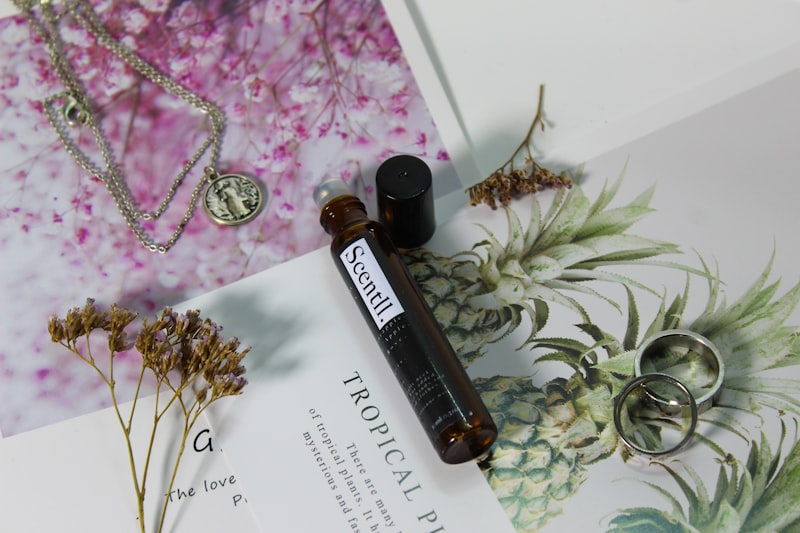What Are the Most Common Health Myths About Women?
Another myth making the rounds is that women are more prone to certain health conditions simply because they’re women. While it’s true that women have unique health issues, like reproductive health concerns, this doesn’t mean they’re destined to face more health problems overall. Women’s health is influenced by a variety of factors, including lifestyle, genetics, and environment.
Here’s one that’s really misleading: the idea that women should only focus on cardio for fitness. Sure, cardio is great, but strength training is equally crucial. It’s not just for men—it helps women maintain bone density and build muscle. Think of it like this: if cardio is the icing on the cake, strength training is the essential base that supports everything else.
Then there’s the notion that women can’t eat the same way men do. Yes, women have different nutritional needs, but this doesn’t mean they need to follow a drastically different diet. Women can thrive on a balanced diet, just like men, with the right focus on vitamins and minerals that support their specific needs.
And let’s not forget the myth that menopause signals the end of a woman’s health and vitality. Menopause is a natural phase of life, not a health crisis. With the right lifestyle choices and medical advice, women can navigate menopause with vitality and well-being.
Dispelling these myths helps us see women’s health in a more accurate, empowering light.
Debunking the Top Health Myths Women Still Believe Today
First off, let’s talk about the myth that “eating fat makes you fat.” This one’s been debunked a thousand times. In reality, healthy fats are crucial for your body. They keep your skin glowing, your brain sharp, and your heart healthy. Think of fats as your body’s fuel—just like you wouldn’t run a car on an empty tank, don’t skimp on the good fats.
Another prevalent myth is that “women should avoid lifting heavy weights.” This misconception is rooted in the fear that heavy lifting will make women look bulky. Not true. Lifting weights actually helps in building lean muscle and boosts metabolism. It’s like the secret ingredient to a fitter, stronger you—without the bulky side effect.
Then there’s the myth that “if you’re not sweating, you’re not working out hard enough.” It’s easy to think that sweat is the sole indicator of a good workout, but it’s not. Some people sweat more than others due to various factors like genetics or fitness level. Focus on how you feel and your performance, not just the sweat on your brow.
Lastly, consider the myth that “all calories are created equal.” Not all calories are made the same. A calorie from a nutritious meal impacts your body differently than a calorie from junk food. It’s like comparing a luxury car to a clunky old one—one serves you better in the long run.
The Truth Behind 10 Common Health Myths Affecting Women
Then there’s the myth that eating late at night makes you gain weight. Your body doesn’t magically turn food into fat just because the clock strikes eight. What matters more is your overall caloric intake and eating habits throughout the day.
Another popular misconception is that all fats are bad for you. In reality, healthy fats from sources like avocados and nuts are essential for your body’s functions. They support everything from brain health to hormone balance.
Let’s talk about the idea that women should avoid strength training to prevent looking bulky. This myth couldn’t be further from the truth. Strength training is fantastic for building lean muscle, increasing metabolism, and boosting overall health. It’s unlikely you’ll bulk up unless you’re training intensely and consuming a high-calorie diet.
And what about the myth that you should only exercise if you’re losing weight? Exercise is a powerhouse for overall health, improving mood, reducing stress, and increasing energy levels. Weight loss is just one benefit among many.
Navigating through health advice can be confusing, especially with so many myths floating around. Keep informed, question the validity of what you hear, and focus on evidence-based information to make the best decisions for your health.
Separating Fact from Fiction: Most Popular Health Misconceptions About Women
First off, you might have heard that women need fewer calories than men. While it’s true that calorie needs can differ based on body size and activity level, saying women universally need fewer calories is oversimplified. Our bodies have diverse metabolic rates, so a one-size-fits-all approach just doesn’t cut it.
Then there’s the myth that breast cancer is primarily genetic. Sure, genetics play a role, but lifestyle factors like diet, exercise, and alcohol consumption are significant too. It’s like saying you can only get a tan by being in the sun—what you do outside of those rays matters just as much.
Another biggie is the idea that PMS is just a bad mood. In reality, premenstrual syndrome involves a complex mix of physical and emotional symptoms, ranging from fatigue to mood swings. It’s not just about feeling cranky; it’s a real condition that affects women in various ways.
Finally, many believe that menopause equals the end of vitality and health. This misconception paints menopause as a full stop, but it’s actually a new chapter. Women can continue to lead healthy, active lives by adapting their lifestyles, much like turning a page to a fresh new adventure.

From PMS to Pregnancy: Top Health Myths Women Need to Stop Believing

Then there’s the old belief that you can’t get pregnant during your period. This notion is misleading. Sperm can live inside the female reproductive tract for several days, so if you have a short cycle and ovulate soon after your period, there’s still a chance of pregnancy. It’s crucial to understand your cycle and use contraception consistently if you’re not planning a family.
Let’s not forget the idea that menopause means the end of your sex life. Many assume menopause equals a dramatic drop in libido and overall health. In reality, while menopause brings changes, it doesn’t spell the end of sexual enjoyment or vitality. Embracing these changes with the right information can lead to a fulfilling and active life.
Navigating health myths with accurate information can make a significant difference in your well-being and overall quality of life.
Unmasking the Myths: What Women Really Need to Know About Their Health
First off, let’s tackle the idea that only older women need to worry about heart disease. The truth? Heart disease doesn’t discriminate by age. Young women are just as vulnerable, so it’s crucial to keep an eye on your heart health from an early age. Think of your heart as the engine of a car; if you don’t take care of it, it could break down sooner than expected.
Another common myth is that women don’t need as much protein as men. Really? Protein is vital for everyone, regardless of gender. It’s like building a house: without the right materials, the structure won’t stand strong. Your muscles, bones, and even your immune system rely on protein to stay in top shape.
And let’s not forget the myth that menstrual cramps are just something to endure. Many women suffer in silence, thinking it’s normal. But what if there were ways to manage the pain effectively? With the right approach, including proper diet and exercise, you can tackle cramps head-on.
There’s also the misconception that a healthy diet is all about cutting out fat. In reality, healthy fats are essential for hormone balance and overall well-being. It’s like saying you can only enjoy a delicious meal by removing all the flavor—just doesn’t make sense!
